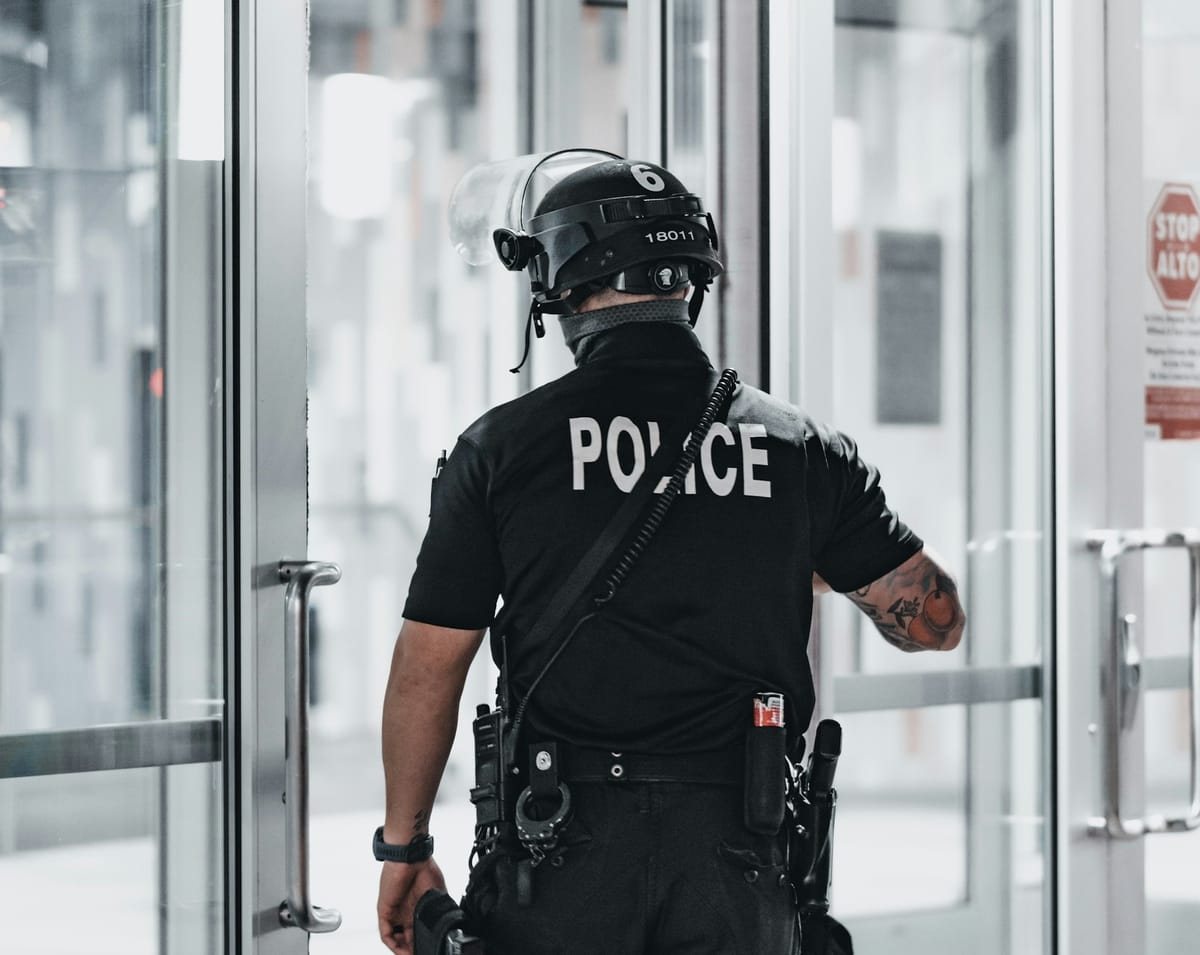Operation ITR Bypass - Zero Tolerance
Foreign operators using routes provided by local South African operators and foreign based transit operators at rates below the minimum of R1.40 per minute are being implicated in a network of international grey and illegal routing.

Cape Town, South Africa – Foreign operators using routes provided by local South African operators and foreign based transit operators at rates below the minimum of R1.40 per minute are being implicated in a network of international grey and illegal routing. These operators are reportedly as complicit as South African domestic operators that facilitate these illegal routes by ensuring that the P-Asserted-Identity (PAI) headers are "scrubbed" and manipulated to disguise the traffic as domestic voice traffic.
According to reports, foreign operators route traffic based in most cases on the "cheapest" route offered for delivery to South African. These “bad actor” domestic operators then manipulate the PAI headers so that the receiving South African carrier recognises the inbound traffic as domestic, circumventing international rate set by South African Operators. This chain of criminality begins with foreign operators accepting a cheaper and discounted rates than what is officially offered by receiving carriers and concludes with domestic carriers illegally altering the PAI headers.
TFI, acting on behalf of its South African ICASA-licensed clients, has announced a "zero tolerance" policy towards foreign operators who are complicit in this illegal activity. The policy includes launching "Operation ITR," aimed at identifying foreign operators responsible for sending traffic to rogue transit and domestic operators.
Operation ITR involves a two-phase investigation. Phase 1 focuses on holding foreign operators criminally liable for offering routes into South Africa below the minimum rate of R1.40 per minute (US$0.0784 per minute). Phase 2 targets domestic bad actors, identifying those who facilitate the scheme and gathering evidence to present to South African law enforcement, the South African Revenue Service, the South Africa Reserve Bank, and the Independent Communications Authority of South Africa (ICASA). Both phases are being conducted concurrently, based on evidence provided by cooperative foreign operators and domestic carriers.
TFI stated that these measures will help curb illegal routing practices and protect the integrity of South Africa's telecommunications infrastructure. The message which TFI, on behalf of its Clients, is sending to all Parties actively involved in this criminal ITR Bypass Scheme is that the “Theft of legitimate revenues due to domestic South African operators, will not go unpunished”.
On the flip side, South African Operators must ensure that outbound South African traffic to international destinations, need to be treated in the same fashion as inbound ITR.


